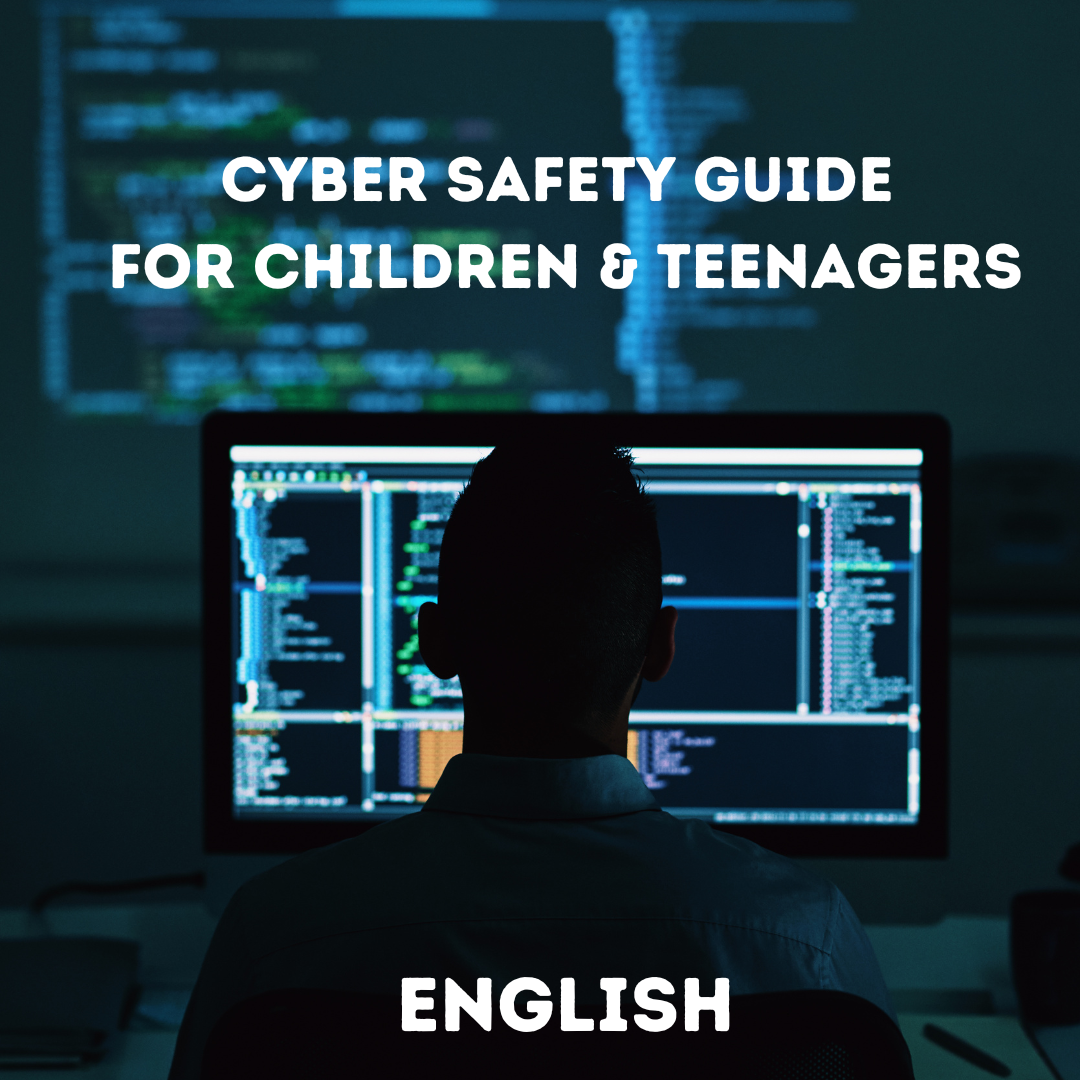
document
Cyber Safety Guide for Children & Teenagers- English
The Cyber Safety Guide for Children & Teenagers in English is a comprehensive resource designed to help young individuals navigate the digital world safely. This guide covers topics such as online privacy, social media best practices, recognizing and avoiding online threats, and developing healthy technology habits. With easy-to-understand explanations and practical tips, this guide empowers children and teenagers to make informed decisions when using the internet and digital devices. By promoting responsible online behavior and increasing awareness of cybersecurity risks, this guide aims to equip young individuals with the knowledge and skills necessary to stay safe online.
FAQs
What is Cyber security?
Cybersecurity, short for "cybersecurity," refers to the practice of protecting computer systems, networks, and digital assets from various forms of cyber threats, attacks, and unauthorized access. It encompasses a wide range of technologies, processes, practices, and measures designed to safeguard information and ensure the confidentiality, integrity, and availability of digital resources.
Who is Ethical Hacker?
An ethical hacker, also known as a white-hat hacker or penetration tester, is a cybersecurity professional who uses their skills and knowledge to assess and test the security of computer systems, networks, applications, and digital assets in a legal and responsible manner. Ethical hackers are hired or authorized by organizations to identify vulnerabilities, weaknesses, and potential security threats in their systems with the goal of helping the organization improve its security posture and protect against cyberattacks.
Why Cyber Security is Important?
Cybersecurity is crucial in today's interconnected world to safeguard sensitive data, financial stability, and national security. It shields individuals, organizations, and nations from the devastating consequences of cyberattacks, data breaches, and digital espionage. With the increasing reliance on digital technology, protecting personal information, intellectual property, and critical infrastructure is paramount. Cybersecurity ensures the continuity of businesses and government operations, preserving public trust and confidence. It mitigates financial losses, prevents reputational damage, and combats cybercrime. Moreover, in an era of emerging technologies and global interconnectivity, cybersecurity is vital to address evolving threats, secure emerging tech, and maintain the privacy, integrity, and sovereignty of individuals, organizations, and nations worldwide.
What is Cybercrime?
When Internet was developed, the founding fathers of Internet hardly had any inclination that Internet could also be misused for criminal activities. Today, there are many disturbing things happening in cyberspace. Cybercrime refers to all the activities done with criminal intent in cyberspace. These could be either the criminal activities in the conventional sense or could be activities, newly evolved with the growth of the new medium. Because of the anonymous nature of the Internet, it is possible to engage into a variety of criminal activities with impunity and people with intelligence, have been grossly misusing this aspect of the Internet to perpetuate criminal activities in cyberspace. The field of Cybercrime is just emerging and new forms of criminal activities in cyberspace are coming to the forefront with the passing of each new day.
Why do we need Ethical hacker in India?
Ethical hackers are indispensable in India for safeguarding critical infrastructure, defending against cyber threats, protecting personal data and privacy, ensuring compliance with cybersecurity regulations, and fostering economic growth in the rapidly advancing digital landscape. Their expertise is essential to enhance national security and resilience against emerging cyber challenges, ultimately contributing to the country's technological advancement and prosperity.
How to Prevent Cybercrime?
Preventing cybercrime requires vigilance and cybersecurity measures like robust passwords, regular software updates, antivirus software, and firewall protection. Educate users on phishing risks, use encryption for sensitive data, and implement strong access controls. Continuous monitoring, employee training, and threat intelligence help anticipate and mitigate evolving cyber threats.
₹ 49.00
₹500